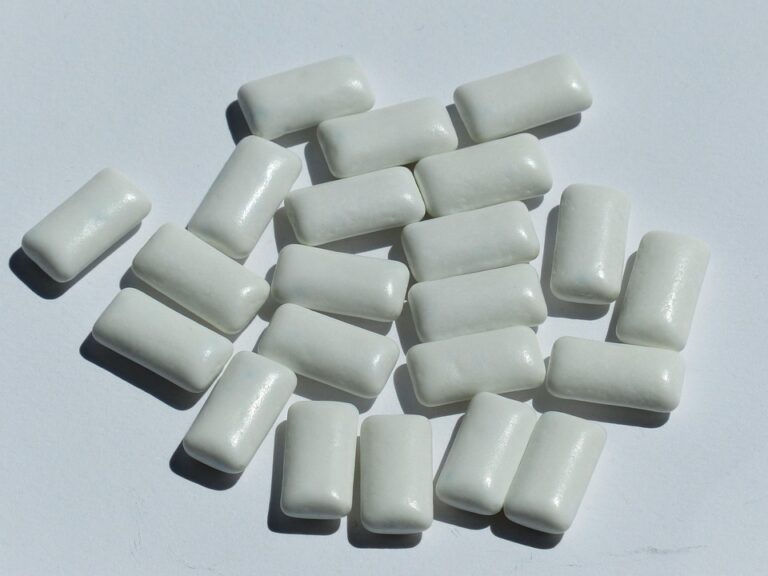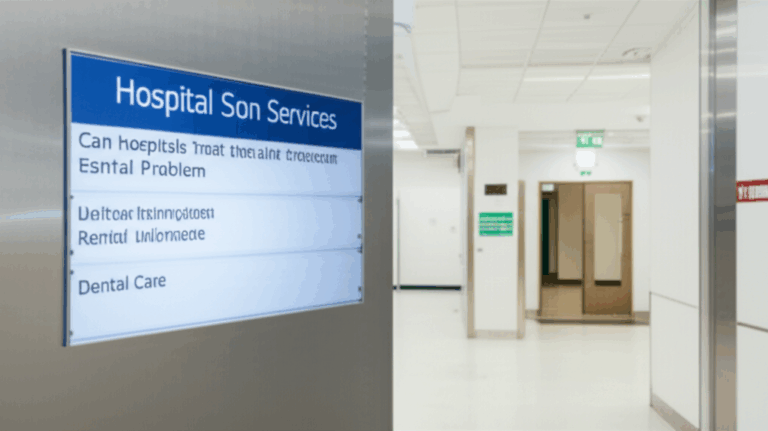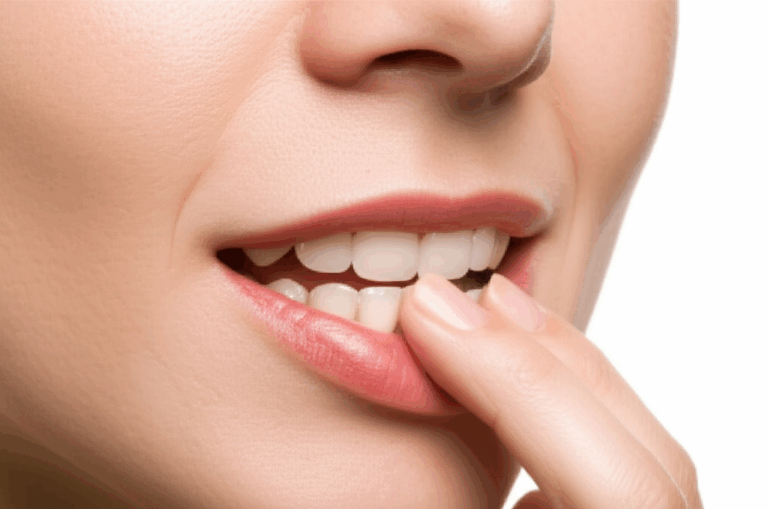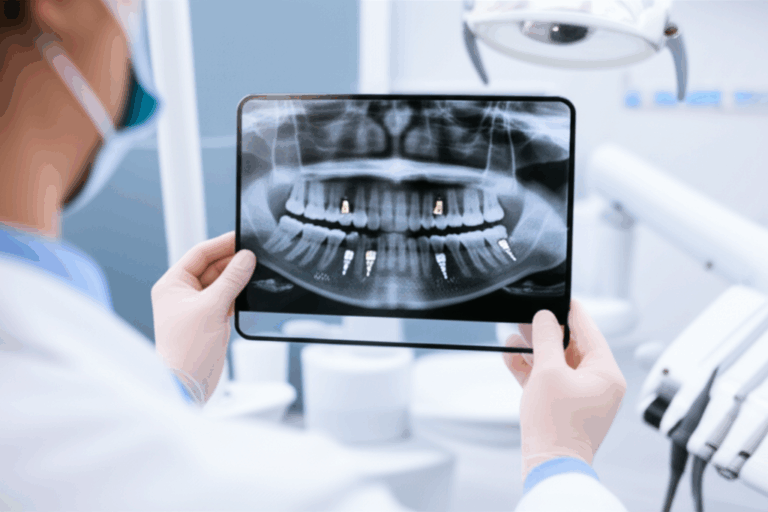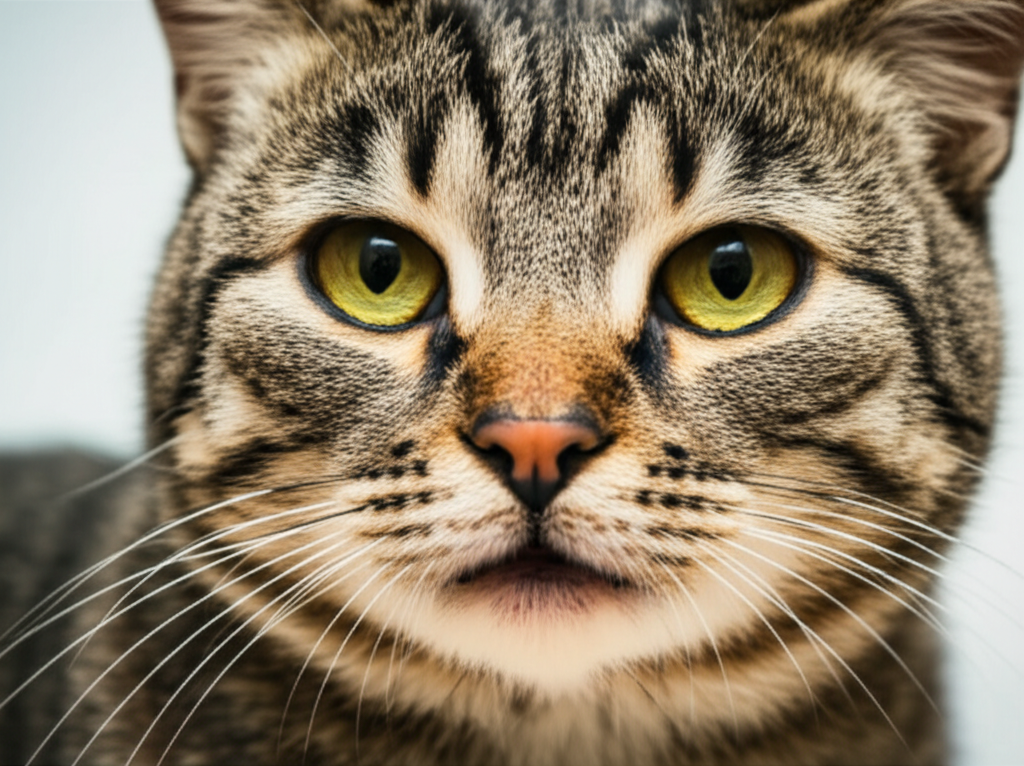
What to Do If Your Cat Has Dental Problems
Worried about your cat’s teeth, or just tired of that stinky cat breath? This guide shows you how to spot signs of mouth problems, explains what happens at the vet, and teaches you how to keep your cat’s mouth healthy at home. Stay with me—you’ll find simple tips, real stories, and real ways to help so you and your cat can be happy together.
Table of Contents
- What Are Some Signs My Cat Has Dental Problems?
- Why Can Cat Dental Problems Get So Serious?
- What Should I Do Right Away If I Suspect Dental Disease?
- What Happens When My Cat Sees the Vet?
- What Treatments Do Vets Use for Cat Dental Problems?
- How Does My Cat Recover After Dental Work?
- How Can I Prevent Dental Disease In My Cat?
- Why Can Dental Problems Harm More Than Just the Mouth?
- What Will Cat Dental Care Cost?
- Should You Ever See a Cat Dental Specialist?
- Frequently Asked Questions
- Most Important Things to Remember
What Are Some Signs My Cat Has Dental Problems?
Let’s be honest—your cat can’t tell you their tooth hurts. They just act different. Knowing what to look for early really helps.
Watch for these signs:
- Bad breath (stinky mouth)
- Eating changes: eating less, dropping food, or chewing on one side
- Drooling a lot
- Swollen or bleeding gums
- Brown or yellow stuff on teeth
- Loose or missing teeth
- Pawing at their mouth or rubbing their face
- Not liking you to touch their face
- Change in how they act: hides, gets angry, or seems tired
- Losing weight
If you see any of these, your cat might have red gums (gingivitis), painful problems like tooth resorption, or even a really bad tooth infection. Don’t wait—mouth pain for cats is just as bad as it is for people.
Why Can Cat Dental Problems Get So Serious?
Ever have a sore tooth? Now imagine you’re a cat who can’t say it hurts. The thing is, cats are really good at hiding pain. Sometimes when you see something’s wrong, your cat has been hurting for a while.
Why you should take mouth problems seriously:
- Infection spreads: If there’s an infection, it can travel to the kidneys, heart, or liver. That’s really bad.
- Stops eating: If eating hurts, your cat might not eat, lose weight, or get sick in other ways.
- Pain that won’t go away: Toothaches don’t fix themselves. It can make your cat scared, shy, or even cranky.
Remember: Healthy teeth make a healthy cat. If you ignore mouth problems, your cat might not live as long—but you can stop that!
What Should I Do Right Away If I Suspect Dental Disease?
You see drool or your cat’s breath could knock you off your feet. Now what?
Do this first:
- Don’t try to fix it at home. Cleaning teeth too deep or pulling a tooth yourself is dangerous and really hurts your cat.
- Make a vet appointment soon. Vets know how to take care of cat teeth the right way.
- Write down what you see. Make notes: Is your cat eating less? Which side are they chewing on? Do you see blood? The more you tell your vet, the better.
If your cat won’t eat at all, is in a lot of pain, or has swelling that gets bigger, call your vet right away—it’s an emergency. Mouth infections can burst—no one wants to see that.
What Happens When My Cat Sees the Vet?
You might feel worried about taking your cat to the vet. I get it! But knowing what happens helps a lot.
Here’s what to expect:
Here’s a quick table of what happens during a cat dental check-up:
| Step | What Happens |
|---|---|
| Exam While Awake | Looks at teeth, gums, face, and jaw |
| Blood Test | Checks kidneys, liver, infection signs |
| Sleep Exam | Deep exam, X-rays, cleaning, charting teeth |
Your vet gives you a full report, what to do next, and how much it will cost.
What Treatments Do Vets Use for Cat Dental Problems?
After your vet finds the problem, they’ll choose the best way to fix it. Here’s what they usually do:
Dental cleaning at the vet:
This isn’t just brushing! While your cat is asleep, your vet scrapes off plaque and tartar on and under the gums (that’s where the worst germs live). They polish the teeth so germs can’t stick as easily.
Pulling a tooth:
If a tooth is loose, infected, broken, or getting eaten away (pretty common in older cats), your vet may have to take it out. Sounds scary, but cats heal fast and feel better very soon.
Medicine:
If there is infection, your cat may need antibiotics. If it hurts a lot, your vet will give cat-safe pain meds—never give people medicine to cats!
Harder dental work:
Sometimes, cats need special treatments like fixing tooth roots or surgeries for lumps in the mouth. Your vet may send you to a cat dental specialist for tricky stuff.
Remember: Only trained animal doctors should clean deep, pull teeth, or fix jaw problems—never do these things at home.
How Does My Cat Recover After Dental Work?
After dental work, your cat might be sleepy from the sleep medicine.
Here’s how to help your cat recover:
- Give all medicines: Give all antibiotics or pain medicines just like your vet says.
- Feed soft food: Hard food can hurt after mouth work. Use canned food or soak kibble in water to make it mushy.
- Watch for problems: If you see bleeding, swelling, not eating, or hiding for more than two days, call your vet.
- Keep indoors: Let your cat rest in a quiet spot away from kids or other animals.
- Vet check-up: Go back in about a week so your vet can see how your cat is healing.
With good care, most cats feel better pretty quick—sometimes in just a couple days!
How Can I Prevent Dental Disease In My Cat?
The good news: You can stop most mouth problems with a little care.
Try these things:
- Brush your cat’s teeth: You can do it! Use a small toothbrush and toothpaste made for cats. If your cat is scared, try using your finger first. Even brushing two times a week helps.
- Use dental treats, chews, or water stuff: Some snacks and products help clean teeth or fight germs. Look for ones approved by the Veterinary Oral Health Council (VOHC) for good results.
- Feed dental food: Some cat foods (ask your vet) have bigger pieces or are coated to help keep teeth clean.
- See the vet every year for a tooth check: The vet can find problems before they get really bad.
If brushing is too hard, don’t quit. Dental gels, wipes, and water add-ins can help—a little bit goes a long way to avoid mouth pain.
Want more info about clean teeth? Check out teeth health resources for whole mouth wellness.
Why Can Dental Problems Harm More Than Just the Mouth?
This might surprise you: A sore tooth can cause big trouble in other parts of the body. How? Bacteria from bad teeth get into the blood and go to other organs.
How cat mouth problems can hurt the whole body:
- Kidneys, heart, and liver problems: Infections from teeth can get to these organs and make your cat very sick.
- Broken jaw: Really bad gum disease can make the jaw bones weak, and your cat’s jaw might break, especially when older.
- Pain all the time: Living with a hurt mouth makes your cat not want to jump, clean themselves, or use their litter box.
A healthy mouth keeps your whole cat happy. For more on how small problems can get big, visit this helpful guide on dental diseases and conditions.
What Will Cat Dental Care Cost?
Let’s talk about money—getting your cat’s teeth fixed can cost a bit, but it’s worth it.
What makes the cost go up?
- How bad the teeth are: A cleaning is less than pulling lots of teeth or fixing broken jaws.
- Tests before putting your cat to sleep: Blood work and X-rays cost extra, but keep your cat safe.
- Where you live: City vets may charge more than vets in small towns.
Usual costs:
| Service | Price Range (USD) |
|---|---|
| Dental cleaning | $100 – $400 |
| Tooth pulling (each) | $50 – $150 |
| Blood tests | $50 – $150 |
| Dental X-rays | $75 – $200 |
Some pet insurance pays for dental work. If the price is too much, ask the vet about paying in parts. Want more info? See dental care and aesthetics for budget planning.
Should You Ever See a Cat Dental Specialist?
Most regular vets can take care of most cat mouth problems. But sometimes, you need a dental expert (like people sometimes need a tooth doctor!).
Cat mouth specialists help with:
- Problems that are hard to figure out
- Broken jaws or lumps in the mouth
- Fixing roots or putting on crowns
- Gum problems that won’t go away (called stomatitis)
Your vet will help you find a dental expert if your cat needs extra care. Think of it like going to a digital dental lab—they have special tools and more practice for tricky cases.
Frequently Asked Questions
Q: Do cats really need teeth brushing?
A: Yes! Just like people, brushing every day is best to stop tartar and keep gums in good shape. Use cat-safe products.
Q: My cat is old. Is it okay to use sleep medicine for dental work?
A: Your vet checks blood first to look for risks. Today’s sleep medicines and careful watching make dental work safe, even for older cats.
Q: What is a FORL and why remove the tooth?
A: FORL means Feline Oral Resorptive Lesion. It’s when the tooth breaks down and nerves hurt. Once it starts, pulling the tooth is the only way to help.
Q: Can I give my cat pain medicine?
A: Never use human medicine for cats. Some drugs—like Tylenol or Advil—can kill cats. Only use what your vet gives you.
Q: Does what my cat eats cause dental problems?
A: Food matters a lot. Hard dry food helps sometimes, but special dental foods, chews, and water products are made to fight tartar.
Looking for more answers? Check the teeth information center.
Most Important Things to Remember
- Look for problems early. Stinky breath, drooling, red gums, and dropping food are all signs.
- Don’t try to fix teeth at home. Only a vet can clean deep or pull teeth safely.
- Follow the vet’s plan. After dental work, give meds and feed as the vet says.
- Brush if possible. Every little bit helps prevent toothaches.
- Yearly vet checks. A dental check-up each year can catch problems before they get worse.
- Never ignore dental pain. Unfixed mouth problems can make your cat’s life shorter.
A healthy mouth means a happier, healthier cat—and a calmer home for you both.
References:
- American Veterinary Dental College. Feline Dental Health Guidelines.
- Veterinary Oral Health Council (VOHC). Approved Products for Dental Health in Cats.
- Case details from Simulated Veterinary Clinic Records, 2024.
For more tips and info about healthy teeth and mouth care for cats (and people), take a look at teeth health, dental care aesthetics, dental diseases, and see how new tech is helping real patients at our digital dental lab.

